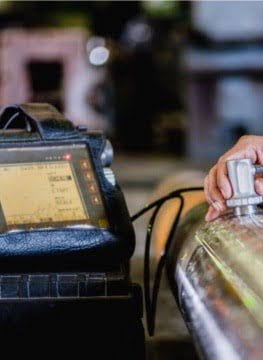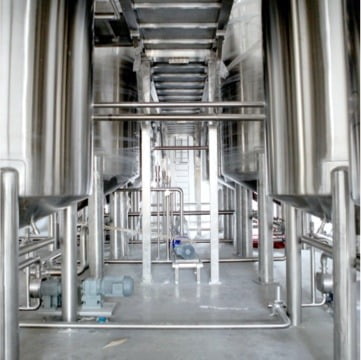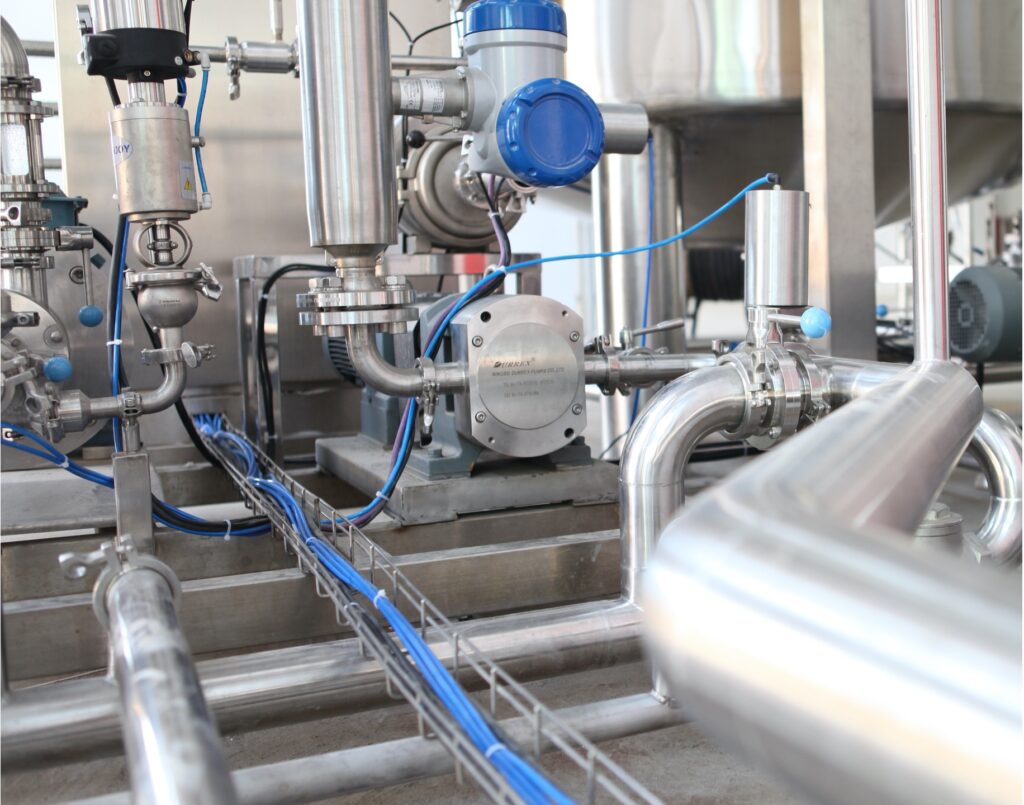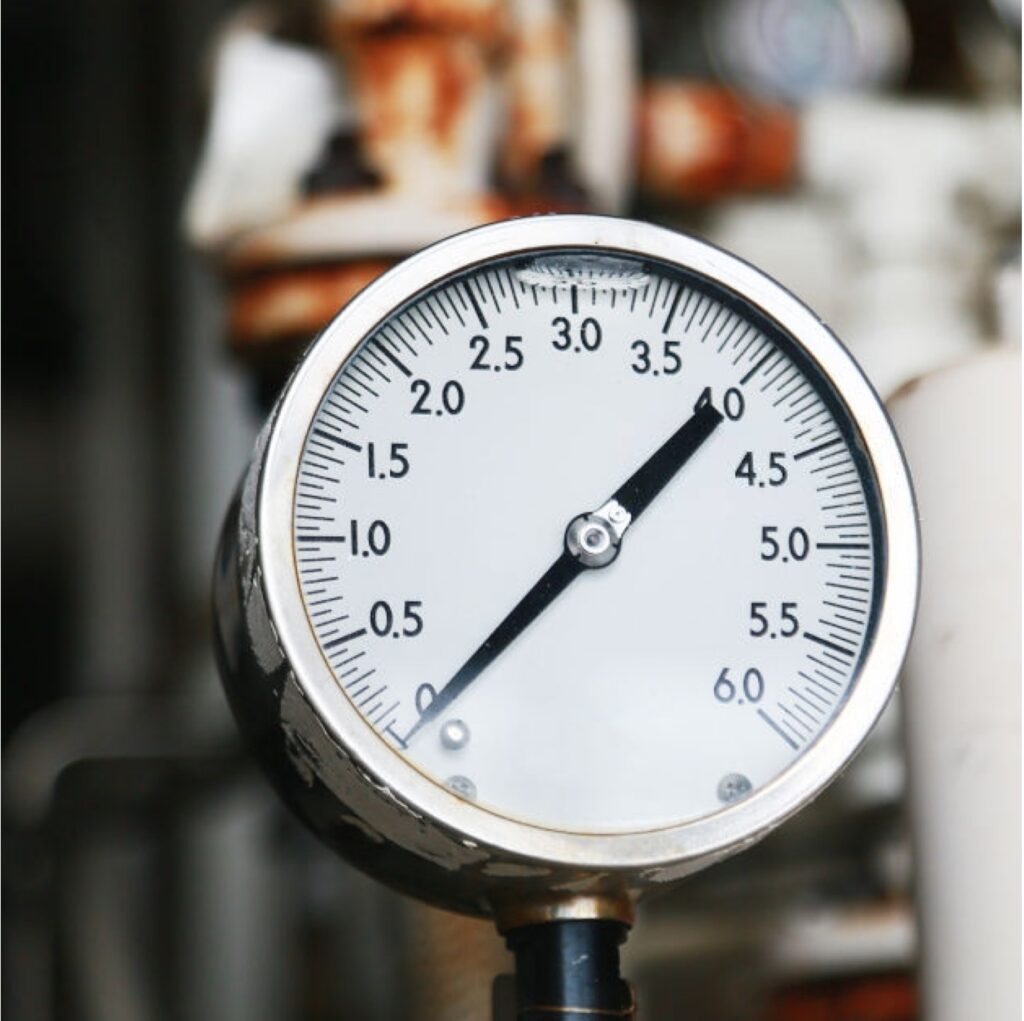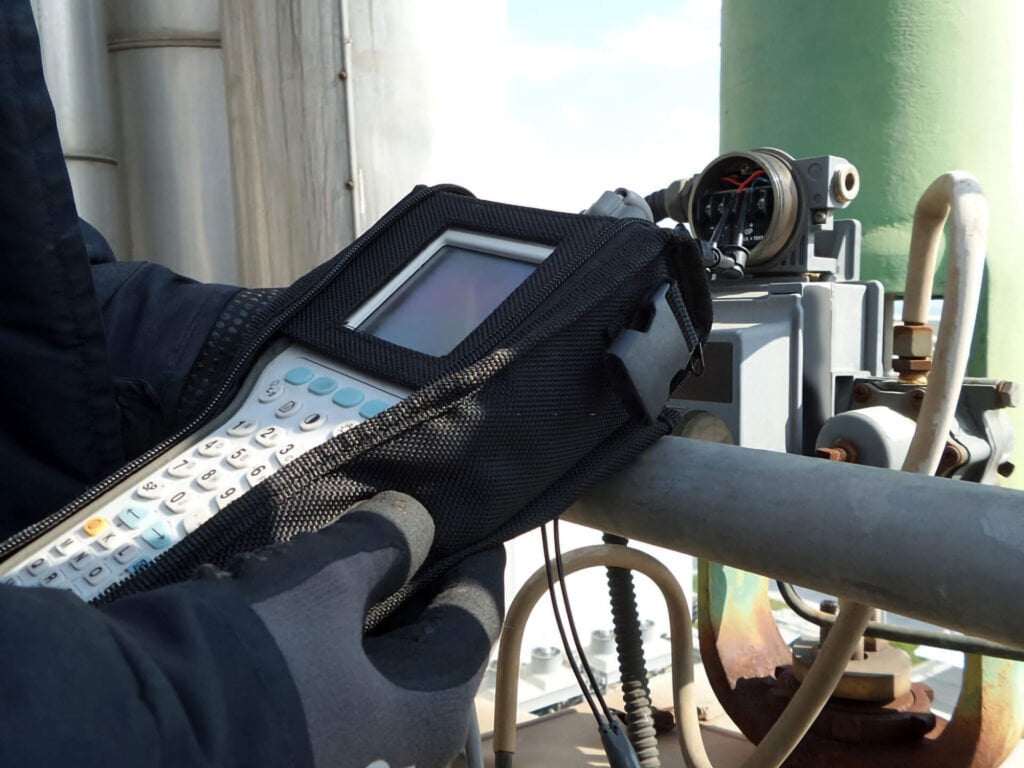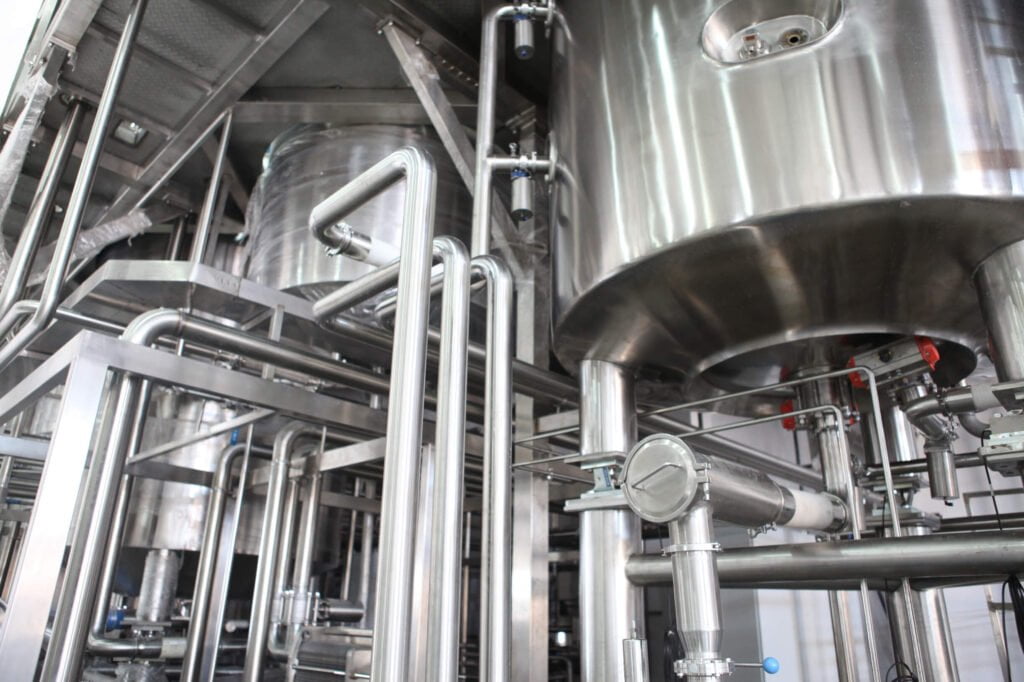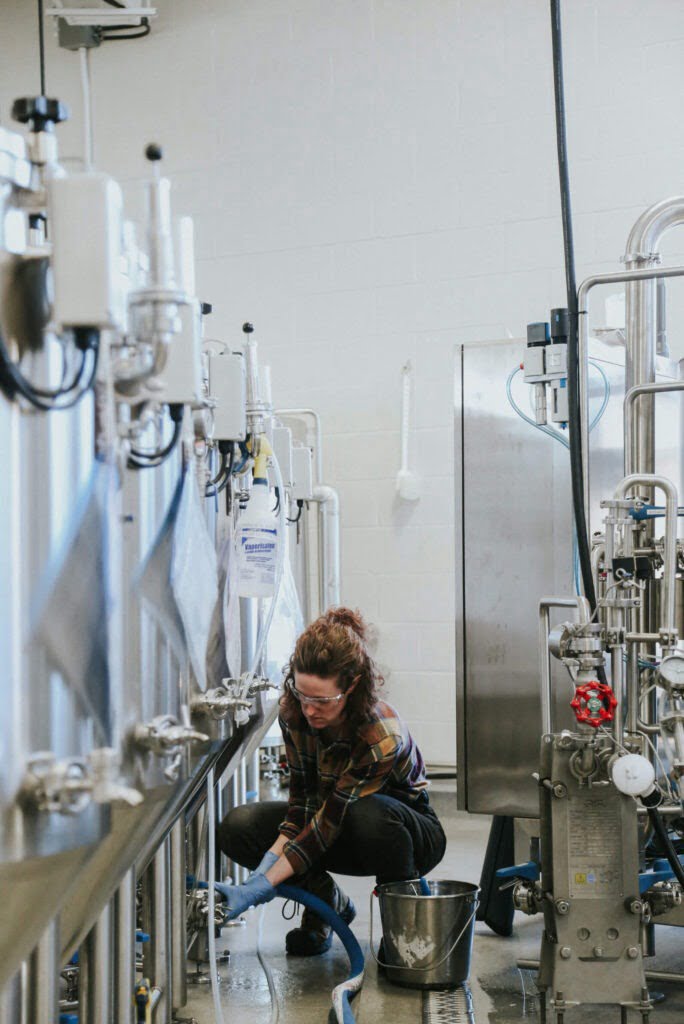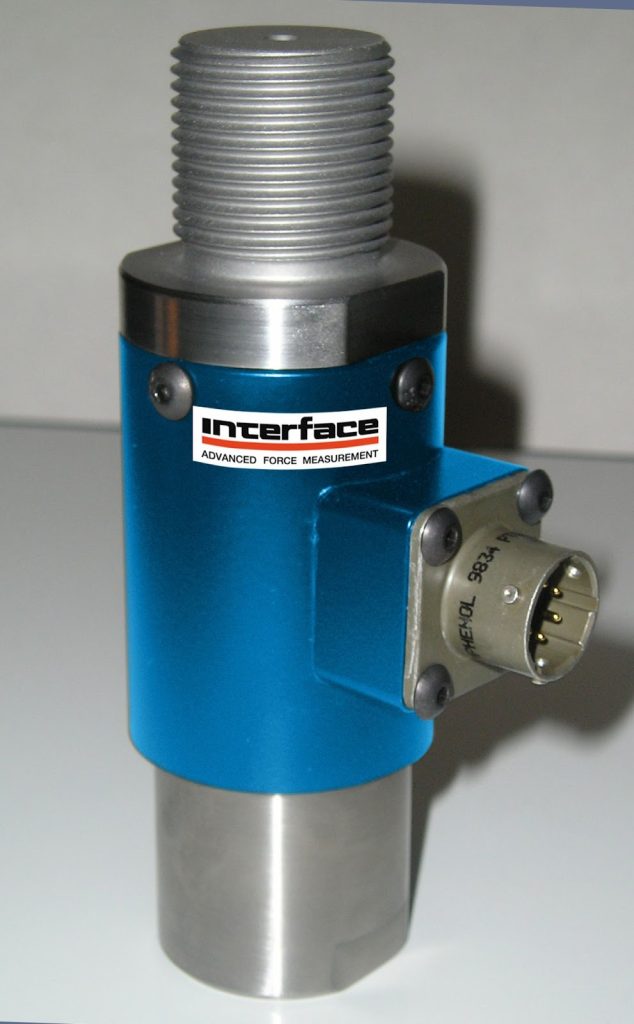Pressure is a critical parameter in many industrial processes, from mining to food and beverage production. But what exactly are the basic measurements of pressure, and why are they so essential? Pressure is the force exerted per unit area on a surface, and accurate pressure measurement is necessary for ensuring system efficiency, safety, and compliance with industry standards. In this article, we’ll explore the different types of pressure, how they are measured, and their significance across various industries.
What Are the Basic Measurements of Pressure?
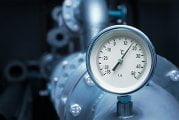
The most fundamental pressure measurements are:
- Absolute pressure: Measured relative to a perfect vacuum, making it the total pressure exerted.
- Gauge pressure: Measured relative to ambient atmospheric pressure.
- Differential pressure: The difference between two pressure points.
These measurements are used in different applications depending on the needs of the system, and each one offers insights crucial to industrial operations.
The Units of Pressure Measurement
Pressure is measured in various units depending on the context and industry. The most widely used unit is the Pascal (Pa), which is part of the International System of Units (SI). One Pascal is defined as one newton per square meter (N/m²), representing the amount of force applied over a unit area.
Here are key units of pressure:
- Pascal (Pa): SI unit, 1 Pascal equals 1 N/m².
- Kilopascal (kPa): 1 kilopascal equals 1,000 Pascals.
- Newton per square meter (N/m²): Equivalent to 1 Pascal.
These units are crucial for industrial applications where precision is required, such as monitoring liquid pressure measurement in pipelines or air pressure in controlled environments.
Understanding the Types of Pressure Measurement
In industrial settings, pressure measurement ensures smooth and safe operations by monitoring how systems handle liquids and gases. Below are the key types of pressure that are commonly measured:
- Absolute pressure: Often used in vacuum systems or environments where no external atmospheric pressure influences the measurement.
- Gauge pressure: Frequently used in applications such as car tyre pressure or systems where the measure pressure is relative to the surrounding atmosphere.
- Differential pressure: Common in systems where the pressure difference between two points is critical, such as in filtration or ventilation systems.
In addition, capacitive pressure sensors are widely used for their high sensitivity and precision, especially in applications that require the measurement of lower pressures or where highly accurate pressure measurement is essential.
Each type of pressure measurement serves a unique role in monitoring and controlling industrial processes, ensuring both safety and optimal performance.
The Importance of Accurate Pressure Measurement
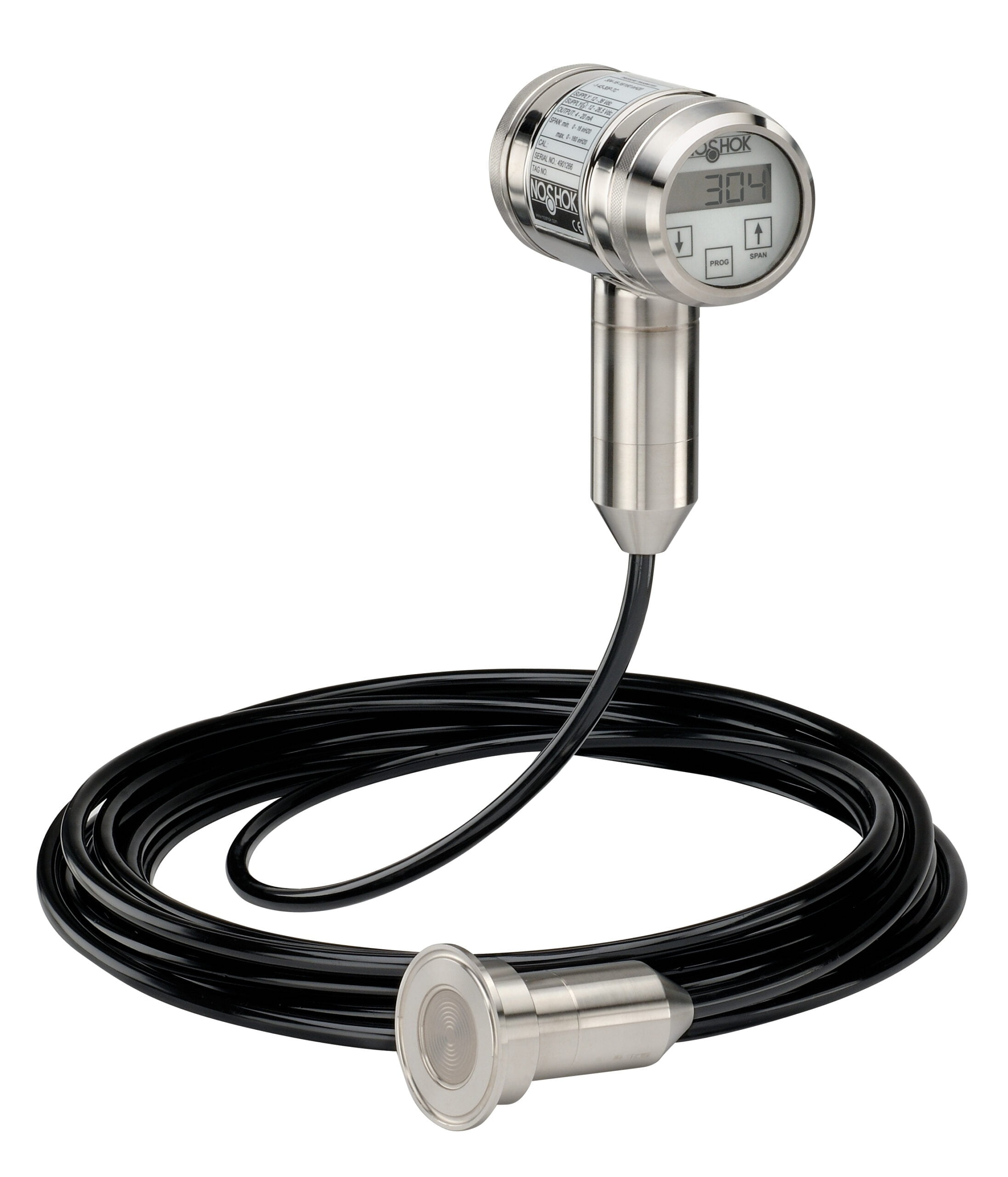
Accurate pressure measurement is essential in industries where safety and compliance are non-negotiable. Misreading pressure levels can lead to system failure, increased costs, safety risks, and non-compliance with industry regulations. For instance, in the mining industry, incorrect air pressure readings can result in poor ventilation, leading to dangerous working conditions. Similarly, in the food and beverage industry, precise pressure control during production is crucial to ensure product consistency and quality.
By maintaining accurate pressure measurement, industries can avoid costly mistakes, protect their workers, and guarantee the quality of their products.
Common Instruments for Measuring Pressure
Selecting the right instrument for measuring pressure is critical for operational success. Some of the most common tools used across industries include:
- Pressure gauges: Mechanical devices often used to measure gauge pressure. The Bourdon tube pressure gauge, for example, is widely used in hydraulic and pneumatic systems.
- Pressure sensors: Convert pressure measured into electrical signals, used in automated systems for continuous monitoring.
- Pressure transducers: Typically employed in applications requiring higher precision, such as in chemical processing or aerospace industries.
By selecting the correct instrument for your specific needs, whether it be a pressure gauge for general-purpose monitoring or a pressure sensor for high-precision measurements, you can ensure accurate and reliable readings.
Key Applications of Pressure Measurement Across Industries
Accurate pressure measurement plays a vital role across various industries, including:
- Mining: Measuring pressure is essential for monitoring air and gas levels in tunnels, ensuring proper ventilation and safe working conditions.
- Food and Beverage: Precise pressure measurement helps maintain consistency during production, ensuring that products are processed under optimal conditions.
- Healthcare: Pressure sensors are widely used in medical equipment such as ventilators and blood pressure monitors, where patient safety relies on accurate readings.
- Oil and Gas: Monitoring pressure differences in pipelines helps detect leaks and prevent environmental hazards.
No matter the industry, accurate pressure measurement is crucial for maintaining efficiency, safety, and compliance with regulatory standards.
How AMS Instrumentation & Calibration Ensures Accurate Measurement
At AMS Instrumentation & Calibration, we understand that every industry has unique needs when it comes to pressure measurement. We offer a range of high-quality instruments, including pressure sensors, pressure transducers, and pressure gauges, designed to provide accurate and reliable measurements.
Our team of experts provides comprehensive services, including calibration, setup, and on-site support, to ensure that your systems operate at peak efficiency. Whether you’re monitoring liquid pressure measurement in food production or gauge pressure in mining operations, we have the expertise and solutions to meet your specific requirements.
Ensure Precision in Every Measurement with AMS
Precision is key when it comes to pressure measurement, and ensuring the reliability of your systems is crucial for success. At AMS Instrumentation & Calibration, we provide the expertise and tools necessary to maintain accurate and dependable readings across various industries.
For more information about how we can support your business, or to schedule a consultation, contact us today. Visit our Contact Us page to get started and let AMS help you achieve the accuracy your operations demand.
